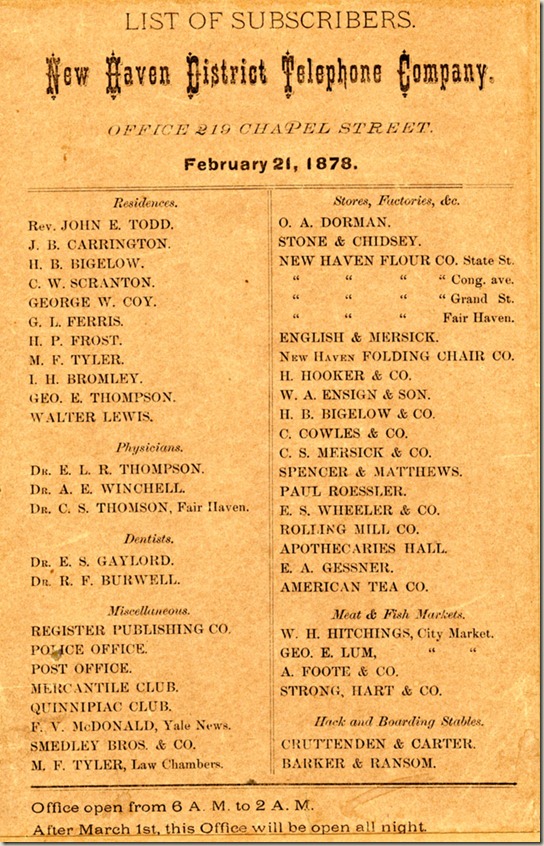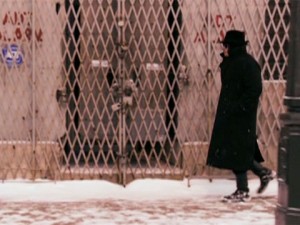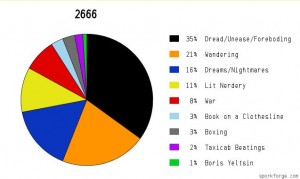As a relatively young person,video of young japanese school girls force to have sex with old man I would like to think that I'm on pretty on top of technology -- and perhaps by extension, security.
It doesn't seem to be the case with other younger users, with a survey commissioned by Google suggesting young people are overconfident when it comes to keeping their online accounts safe.
SEE ALSO: Microsoft realizes password expiration is poor securityA Harris Poll, which surveyed 3,000 adults in the U.S., said 78 percent of Gen Z (16-24 year olds) admitted they use the same password for multiple online accounts.
"Younger users are digital natives; they don’t remember a time without smartphones," Emily Schechter, a product manager for Chrome Security at Google, told Mashable. "I think this must be super influential to how they think about technology and security."
Baby Boomers (aged 50+) fare best, with 60 percent of these users sharing a password over multiple accounts. 67 percent of 25-49 year olds do the same.
In case it wasn't clear, sharing passwords across different online accounts isn't a good idea. And there's other things to consider with your password: Ensure they're more than eight characters, make it longer if you can, and use a password manager, among other things.
The kids are also overconfident about phishing, where 71 percent of Gen Z respondents say they wouldn't fall for a phishing scam, yet, only 44 percent knew what "phishing" means.
You (and me) could definitely give more of a hoot about security, and it isn't hard.
Both 25-49 year olds and Boomers aren't as confident they wouldn't fall for these scams, and more understood what "phishing" is.
It's not all bad for the youth, with Gen Z the highest users of two-step verification (76 percent), eclipsing older users. 62 percent of Baby Boomers use the security feature, while 74 percent of 25-49 year olds do the same.
"While I recommend all people, regardless of age, use these internet safety tips we recently shared, I think it’s on software developers to build software that’s easy for everyone to use safely," Schechter added.
"People shouldn’t have to be security experts to be safe online -- they shouldn’t need to understand what a security certificate is, or need to remember complex passwords for each of their accounts."
But you (and me) could definitely give more of a hoot about security, and it isn't hard.
Topics Cybersecurity Google
(Editor: {typename type="name"/})
 Best free ChatGPT courses
Best free ChatGPT courses
 PayPal's version of GoFundMe is called Generosity Network
PayPal's version of GoFundMe is called Generosity Network
 What I learned watching 'Black Mirror' with drag queens Trixie Mattel and Katya
What I learned watching 'Black Mirror' with drag queens Trixie Mattel and Katya
 PayPal's version of GoFundMe is called Generosity Network
PayPal's version of GoFundMe is called Generosity Network
 Best Amazon deal: Save 20% on floral and botanical Lego sets
Best Amazon deal: Save 20% on floral and botanical Lego sets
NYT Connections Sports Edition hints and answers for February 11: Tips to solve Connections #141
 Connections: Sports Editionis a new version of the popular New York Times word game that seeks to te
...[Details]
Connections: Sports Editionis a new version of the popular New York Times word game that seeks to te
...[Details]
Second Chances by Tupelo Hassman
 Second ChancesBy Tupelo HassmanFebruary 13, 2013First PersonMy husband hung up the wind chimes today
...[Details]
Second ChancesBy Tupelo HassmanFebruary 13, 2013First PersonMy husband hung up the wind chimes today
...[Details]
Happy Birthday, Telephone Book by Sadie Stein
 Happy Birthday, Telephone BookBy Sadie SteinFebruary 21, 2013HistoryOn this day in 1878, the world s
...[Details]
Happy Birthday, Telephone BookBy Sadie SteinFebruary 21, 2013HistoryOn this day in 1878, the world s
...[Details]
TikTok's first user to hit 100 million followers is Charli D'Amelio
 Charli D'Amelio's meteoric rise on TikTok just hit a milestone that no one else has so far: 100 mill
...[Details]
Charli D'Amelio's meteoric rise on TikTok just hit a milestone that no one else has so far: 100 mill
...[Details]
Google 'Ask for me:' AI that calls businesses on your behalf for pricing and availability
 For people who hate making mundane phone calls, Google has an AI solution. On Thursday, the tech gia
...[Details]
For people who hate making mundane phone calls, Google has an AI solution. On Thursday, the tech gia
...[Details]
PayPal's version of GoFundMe is called Generosity Network
 PayPal has launched the Generosity Network, a platform that allows users to create customized, perso
...[Details]
PayPal has launched the Generosity Network, a platform that allows users to create customized, perso
...[Details]
How to eat pussy, according to sex experts
 The timeless oral sexanthem, "My Neck, My Back" by rapper Khia, includes the renowned lyric: "Lick i
...[Details]
The timeless oral sexanthem, "My Neck, My Back" by rapper Khia, includes the renowned lyric: "Lick i
...[Details]
Sugar Rush: Letter from Cape Town by Anna Hartford
 Sugar Rush: Letter from Cape TownBy Anna HartfordFebruary 26, 2013Arts & CultureGrand West Casin
...[Details]
Sugar Rush: Letter from Cape TownBy Anna HartfordFebruary 26, 2013Arts & CultureGrand West Casin
...[Details]
9 Tech Products That Were Too Early to Market
 Every now and again, someone comes up with a revolutionary idea for a product or service and brings
...[Details]
Every now and again, someone comes up with a revolutionary idea for a product or service and brings
...[Details]
Riding with Edna St. Vincent Millay: A Love Story by Ross Kenneth Urken
 Riding with Edna St. Vincent Millay: A Love StoryBy Ross Kenneth UrkenFebruary 14, 2013First PersonT
...[Details]
Riding with Edna St. Vincent Millay: A Love StoryBy Ross Kenneth UrkenFebruary 14, 2013First PersonT
...[Details]
In Paris Agreement speech, Trump never acknowledged the reality of global warming

Cake and Pie, and Other News by Sadie Stein

接受PR>=1、BR>=1,流量相当,内容相关类链接。